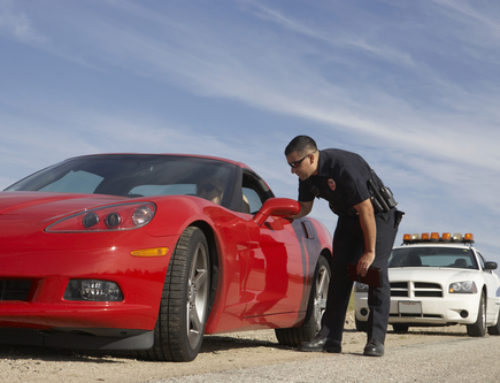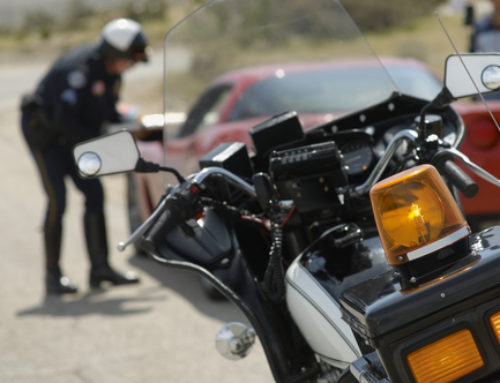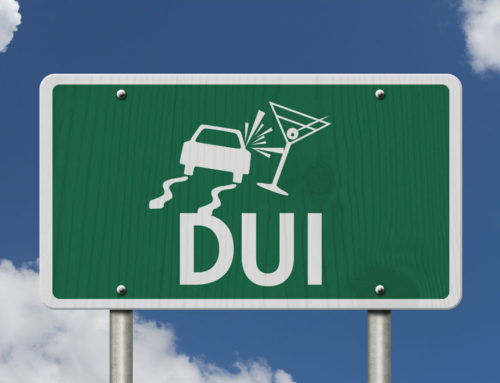Florida law treats repeat criminal offenders in many instances harsher than those who are convicted of a particular criminal offense for the very first time. Florida law features increasingly severe and escalating punishments for many criminal offenses the more times that an individual is convicted of the same crime. This is particularly true when it comes to offenses like driving under the influence of alcohol or drugs (DUI). Anyone who is found to be operating a motor vehicle over the legal limit in Florida can be charged with a DUI. A DUI is a serious offense that can result in jail time, a substantial fine, and mandatory community service, as well as the loss of your driver’s license for six months for even a first offense. However, as a person receives additional DUI convictions, the criminal penalties for each subsequent conviction become increasingly severe. The amount of the fines, the lengths of the terms of imprisonment and the period for which the motorist’ driver’s license is suspended lengthen. Therefore, it is particularly important, given the increasingly harsh consequences as you rack up more and more DUI convictions, that you hire an experienced criminal defense attorney if you have been arrested for or have been charged with a DUI offense in Florida.
Refusing a Breathalyzer or Other Field Sobriety Test
As a threshold matter, Florida is like many states in having what is known as an “Implied Consent Law”. When you apply for and receive a driver’s license and drive a vehicle on Florida’s roadways, you are consenting to participate in a field sobriety test if asked to do so by a police officer who pulls you over on suspicion of driving under the influence. Refusal to take a field sobriety test when requested to do so by a police offer will result in an immediate suspension of a motorist’s driver’s license for one year. A second refusal will result in an 18-month suspension of a motorist’s driver’s license.
The Punishment for a First DUI Offense
Florida’s legal limit for operating a motor vehicle is a blood alcohol content (BAC) level of under 0.08. If a driver operates a motor vehicle and is pulled over by a police officer and found to have a BAC over that level, this constitutes a violation of Florida law and can result in a fine between $500 and $1,000, a term of imprisonment of up to six months, a mandatory 50 hours of community service and suspension of the individual’s driver’s license for 180 days if the individual is convicted of driving under the influence. A first DUI offense also can result in increased fines if the driver’s BAC was 0.15 or greater or if there was a minor in the vehicle while the impaired driver was operating his or her vehicle.
The Punishments under Florida Law for Repeat DUI Offenses
The punishments for subsequent DUI offenses become increasingly harsh as a driver racks up more DUI convictions as follows:
- Second DUI conviction — For a second DUI conviction, if a driver’s BAC is less than 0.15, the motorist must pay a fine between $1,000 and $2,000, serve up to nine months in jail and has his or her license suspended for up to five years (if the second conviction occurs within five years of the motorist’s last DUI conviction). Florida law mandates that any driver convicted of a second DUI have an Ignition Interlock device installed in his or her vehicle.
- Third DUI conviction — Third-time DUI offenders with a BAC of less than 0.15 percent must pay between $2,000 and $5,000 in fines and serve up to 12 months of jail time. Furthermore, if a motorist’s third DUI conviction occurs within five years of his or her first or second DUI, the motorist’s license is suspended for five years.
- Fourth DUI conviction — A fourth DUI conviction results in a minimum of $2,000 in fines, up to five years in prison and a permanent suspension of a motorist’s driver’s license.
Therefore, if you have previous DUI convictions in Florida, you really want to avoid subsequent convictions lest you face these increasing penalties.
Florida’s Felony DUI Offense Laws
To make matters even worse, if a driver obtains enough DUI convictions within a certain period of time, then each subsequent DUI conviction is treated as a felony for sentencing purposes. A person is charged with a felony if he or she is convicted of a third DUI within 10 years or a fourth DUI regardless of when the prior DUI convictions took place. Anyone convicted of a third DUI within 10 years or a fourth or subsequent DUI commits a third-degree felony, which means potential punishments of a fine of up to $5,000 and up to five years’ imprisonment for each subsequent DUI conviction. Furthermore, regardless of the number of a motorist’s past DUI convictions, if he or she causes serious bodily injury to another person while operating a vehicle under the influence, then the motorist can be convicted of a felony DUI.
Contact Experienced West Palm Beach Criminal Defense Attorney Bryan Raymond if You Have Been Charged with a DUI in Palm Beach County
Experienced West Palm Beach defense attorney Bryan M. Raymond of the Law Office of Bryan Raymond has represented numerous individuals who have been charged with a DUI in Palm Beach County. The consequences of a conviction for a DUI or other alcohol offense in Florida can be serious. Not only is there the possibility that an individual can go to prison or pay thousands of dollars in fines, but the consequences are increasingly severe as a motorist is convicted of each subsequent DUI offense. Therefore, if you have been arrested or charged with a DUI in Palm Beach County, it is imperative that you secure an aggressive, experienced attorney who will stop at nothing to ensure that you are acquitted of the DUI with which you have been charged. Bryan Raymond is an experienced criminal defense attorney who has been representing those charged with DUI and other alcohol offenses in Florida for over 20 years. If you’ve been arrested for or charged with a DUI in Palm Beach County, contact experienced criminal defense attorney Bryan Raymond today at (561) 682-1115 or [email protected].
Copyright: aijohn784 / 123RF Stock Photo






